Post
A catch
Save a catch to start your fishing logbook. You will be able to to share it with the community if yo want!
A fishing trip
Post an ad to go fishing with other fishermen
Save a catch to start your fishing logbook. You will be able to to share it with the community if yo want!
Post an ad to go fishing with other fishermen
Share a thought, a question with the community
My favorite cities
×Join our 677 fishermen and our 1 cofisherman in Aberford in West Yorkshire. The fishing forecast is currently 4.1. The most caught fishes here are the three spined stickleback, the spined stickleback , the dace fish and the wels catfish. Come try the most famous fishing techniques like the scrapped fishing, plug fishing for roach, the bichi-bachi or fishing with method feeder and pellet feeder.
Our fishing forecast of Aberford indicates the best time to go fishing in this city.
The Three Spined Stickleback
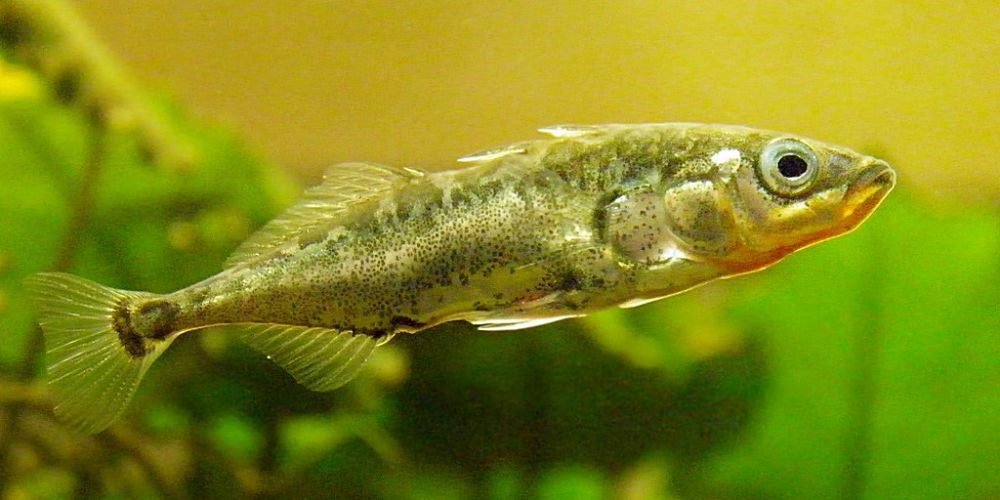
The three spined stickleback belongs to the Gasterosteidae family. The usual size of the three-spined stickleback is 4 to 5 cm for females, with males being a little smaller, about 3 to 4 cm. The life span of the three-spined stickleback varies from 3 to 5 years in natural environments and up to 8 years in captivity. Spawning season extends from March to June. Fertility is 200 to 400 eggs. It is fished from June to March. The three-spined stickleback is a tiny fish with a tapered, laterally compressed body. Its head is quite small, with fairly large eyes, and ends in a narrow mouth that is slightly oriented forward and upwards. The caudal peduncle of the three-spined stickleback is very narrow with a slightly indented caudal fin. The long dorsal fin is set far back, plumbing the anal fin. The dorsal fin of the three-spined stickleback is preceded by three spines, two long and one short, placed on the back of the fish. A curved spine also precedes the implantation of the anal fin. The pelvic fins are replaced by two thorns. The color of this fish is greenish brown for the back, with metallic reflections, silvery for the sides and whitish for the belly. Along the lateral line of the three-spined stickleback, there are no scales but bone plates called "badges", a kind of natural shielding that accompanies the thorny defenses of this fish.
The Three Spined Stickleback is a famous fish you can catch in Aberford.The Spined Stickleback
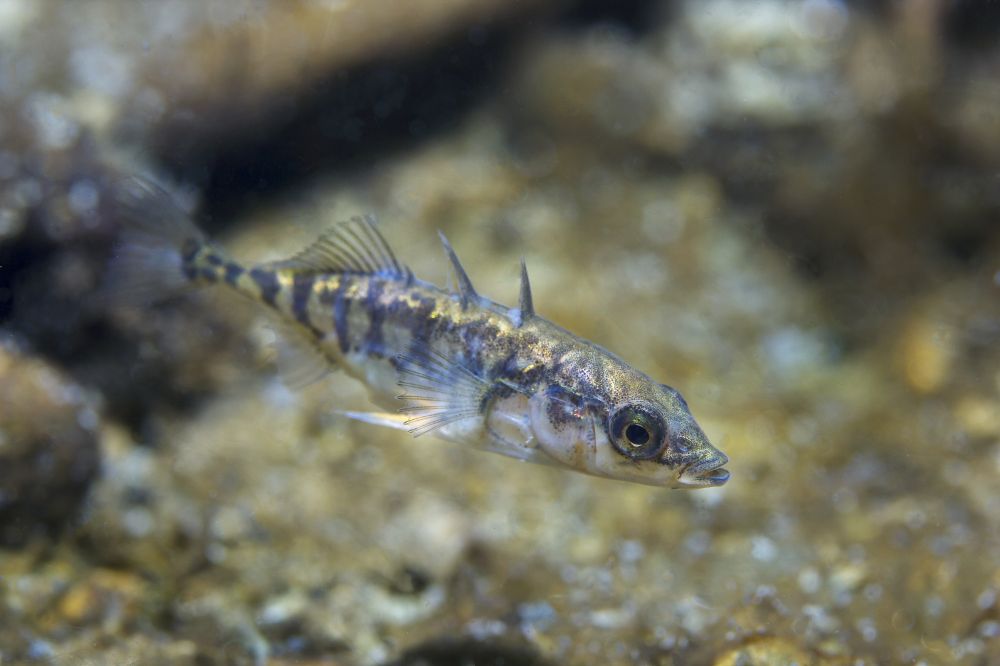
The Spined Stickleback belongs to the Gasterosteidae family. Females are larger than males, measuring 4 to 5 cm and males 3.5 to 4 cm. Its longevity varies from 3 to 5 years. The spined stickleback breeds from March to July to June depending on the region. Fertility is 100 to 400 eggs. It can be fished all year round. The spined stickleback is a small fish whose body is elongated and laterally compressed. Along the lateral line, the body is not covered with scales but with bone plates (badges). The caudal peduncle is very narrow. Three isolated spines are present on the back in front of the dorsal fin. The muzzle is pointed and has a terminal mouth. Pelvic fins are also replaced by two thorns. Its back is greenish brown with black on the back, the sides are silvery grey below the lateral line and the ventral side is whitish. The male's silvery coat turns a bright red color at the time of reproduction.
The Spined Stickleback is a famous fish you can catch in Aberford.The Dace Fish
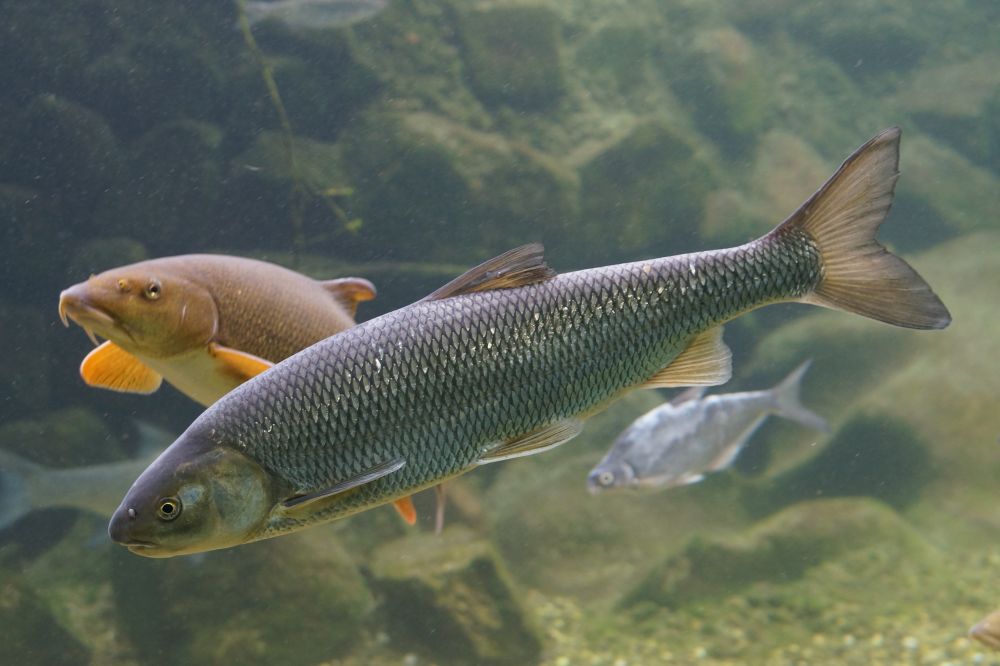
The Dace fish belongs to the Cyprinidae Family. The current size of the dace fish varies between 15 and 20 cm and weighs between 100 and 200 g. However, it can reach a maximum size of 40 cm for a weight of about 1 kg. The life span is usually 10 to 12 years, but it can reach 15 years. The breeding period is from March-April to May-June, depending on latitude. The female's fertility rate is 8,000 to 10,000 oocytes. The dace’s fishing season is open from June to March. This fish has a slender and streamlined body. The head is conical with a small and slightly split mouth, slightly inferior. The eyes are bordered with yellow. Fins are well developed. The caudal is indented, the dorsal fin is grey with 10-11 rays, located in the middle of the back. Pelvic bones are yellow with a concave posterior edge, anal and pectoral fins yellowish to orange. This species is suitable for rapid swimming in rough water. The scales are large (47 to 55 along the lateral line), silver-colored on the sides, greyer and greener dorsally, and white ventrally.
The Dace Fish is a famous fish you can catch in Aberford.The Wels Catfish
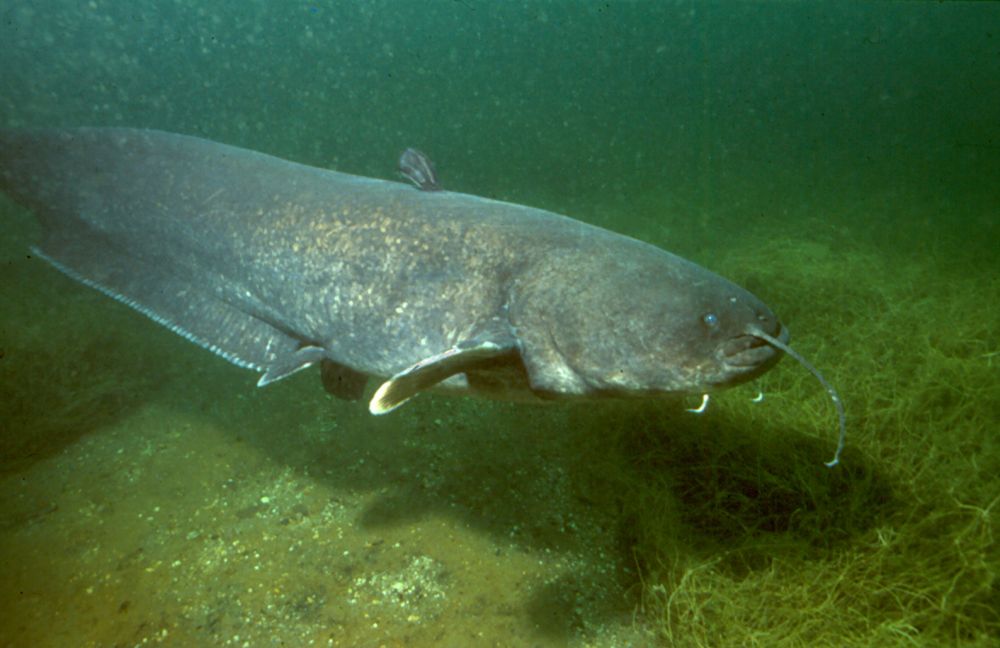
The Wels Catfish belongs to the Siluridae family. The usual size is 1 m for 10 kg but it can reach a maximum of about 5 m for a weight of about 300 kg. The maximum observed longevity is 60 years. It breeds from May to June. The female lays 20,000 to 30,000 eggs per kg of weight. It can be fished all year round. This massive species has a flat, broad head with small eyes and three pairs of barbells. Two pairs not movable on the lower jaw, one longer and movable on the upper jaw. The trunk represents about 1/3 of the animal and has the paired radiated fins and a small rudimentary dorsal fin. The belly is lighter. The posterior part of the body is laterally flattened and has a long anal fin. The tail ends in a homoceric fan-shaped caudal fin. The livery is variable and fluctuates from olive green to grey, both plain and with light spots. The skin is viscous and flake-free. The wels catfish has many small teeth.
The Wels Catfish is a famous fish you can catch in Aberford.The Gwyniad fish
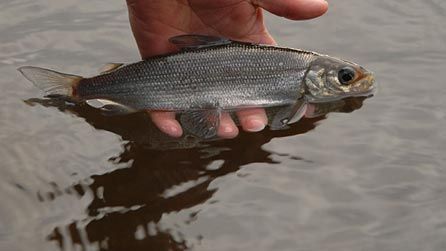
The Gwyniad fish belongs to the Salmonidae family. It is a fairly large species: 40 to 60 cm. It reaches 70 cm for 10 kg in the large lakes of northern Europe. Life expectancy would be about ten years. Its breeding period extends quite widely between 15 November and 31 January with a maximum activity between 10 December and 1 January. The female lays 30,000 eggs per kg of weight. This fish is on the IUCN Red List. Fishing is therefore prohibited. It has the fat fin characteristic of Salmonidae. It has an elongated body, silvery grey, bluish grey, with a more or less brownish back and fairly large scales. The caudal fin is very indented. The mouth is small. Two details that differentiate it from other salmonids. The number of gillospines (here 15 to 70) confirms that they belong to that species. The male has prominent scales on the lateral line, rough to the touch.
The Gwyniad fish is a famous fish you can catch in Aberford.Our fishing forecast of Aberford indicates the best time to go fishing in this city.
Our fishing forecast of Aberford indicates the best time to go fishing in this city.
Our fishing forecast of Aberford indicates the best time to go fishing in this city.
